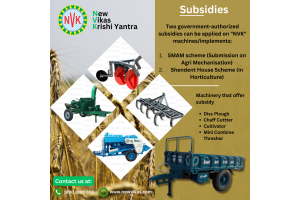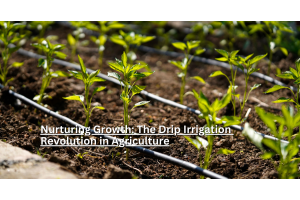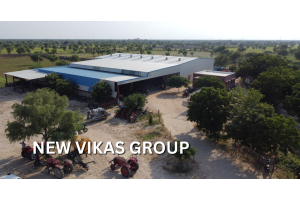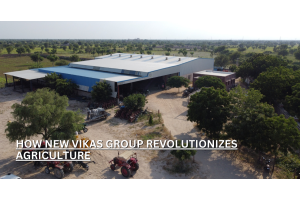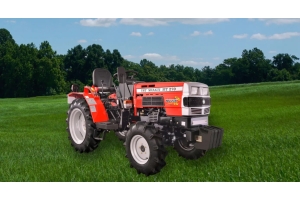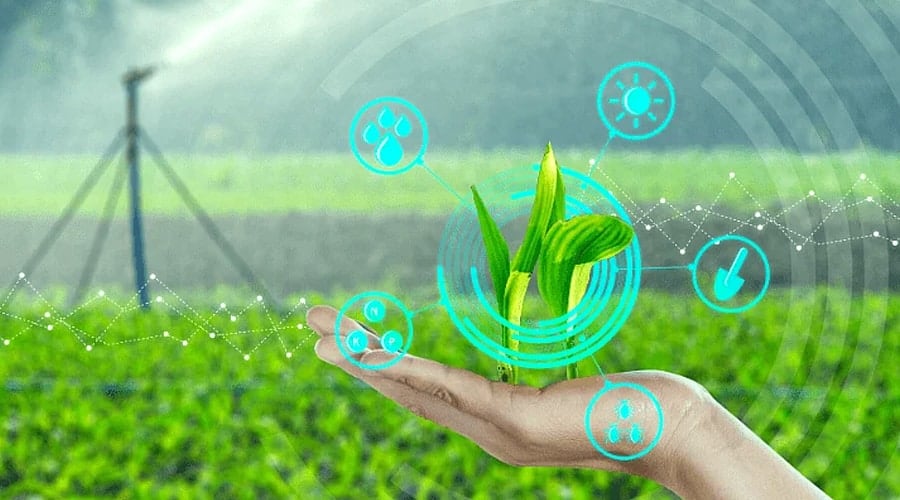
Introduction
In the realm of modern agriculture, technological advancements have brought about a revolution in farming practices. The advent of innovative agricultural machinery has significantly enhanced efficiency, productivity, and sustainability in the industry. In this blog post, we will explore the top five revolutionary agricultural machinery innovations that are transforming the way farmers operate. From precision farming to autonomous vehicles, these cutting-edge technologies are revolutionizing the field and paving the way for a more sustainable future.
[Section 1: Precision Farming]
Precision farming has emerged as a game-changer in agriculture, allowing farmers to optimize their operations with pinpoint accuracy. One of the key innovations in this area is the development of GPS-guided machinery. These advanced machines employ satellite positioning systems to precisely navigate the field, ensuring optimal placement of seeds, fertilizers, and pesticides. By minimizing wastage and maximizing yield, precision farming machinery boosts productivity while reducing environmental impact.
[Section 2: Autonomous Vehicles]
Autonomous vehicles are another groundbreaking innovation that has reshaped modern agriculture. These self-driving machines, equipped with sensors and artificial intelligence, can perform various tasks, such as plowing, planting, and harvesting, without human intervention. By eliminating the need for manual labor, autonomous vehicles enhance efficiency, reduce costs, and enable farmers to focus on higher-level decision-making and strategic planning.
[Section 3: Smart Irrigation Systems]
Water scarcity is a pressing concern in many agricultural regions. To address this challenge, smart irrigation systems have emerged as a revolutionary solution. These systems utilize sensors, weather data, and advanced algorithms to optimize water usage. By delivering the right amount of water at the right time and place, farmers can avoid water wastage and ensure the optimal growth of crops. Smart irrigation systems not only conserve water but also enhance farming efficiency and crop quality.
[Section 4: Vertical Farming Technologies]
As urbanization continues to expand, vertical farming has gained popularity as a sustainable solution for food production. This innovative approach involves cultivating crops in vertically stacked layers, often indoors, using artificial lighting and climate control systems. Vertical farming machinery, including automated planting and harvesting systems, provides efficient and controlled environments for crop growth. By maximizing land use and reducing reliance on traditional farming methods, vertical farming technologies contribute to enhanced farming efficiency and food security.
[Section 5: Robotics and Drones]
The integration of robotics and drones in agriculture has revolutionized various farming processes. Robotic systems can perform tasks such as weeding, pruning, and sorting with high precision and efficiency. Drones equipped with cameras and sensors provide valuable data for crop monitoring, disease detection, and yield estimation. These technological advancements not only improve productivity but also enable farmers to make data-driven decisions, optimize resource allocation, and enhance overall farming efficiency.
[Conclusion]
The agricultural machinery innovations discussed in this blog post represent just a fraction of the revolutionary technologies shaping the future of farming. From precision farming and autonomous vehicles to smart irrigation systems, vertical farming technologies, and robotics, these advancements have the potential to transform the industry. By embracing these innovations, farmers can achieve enhanced efficiency, improved sustainability, and increased profitability. As we move forward, it is crucial to continue exploring and adopting cutting-edge agricultural machinery to meet the ever-growing demands of a rapidly changing world.

